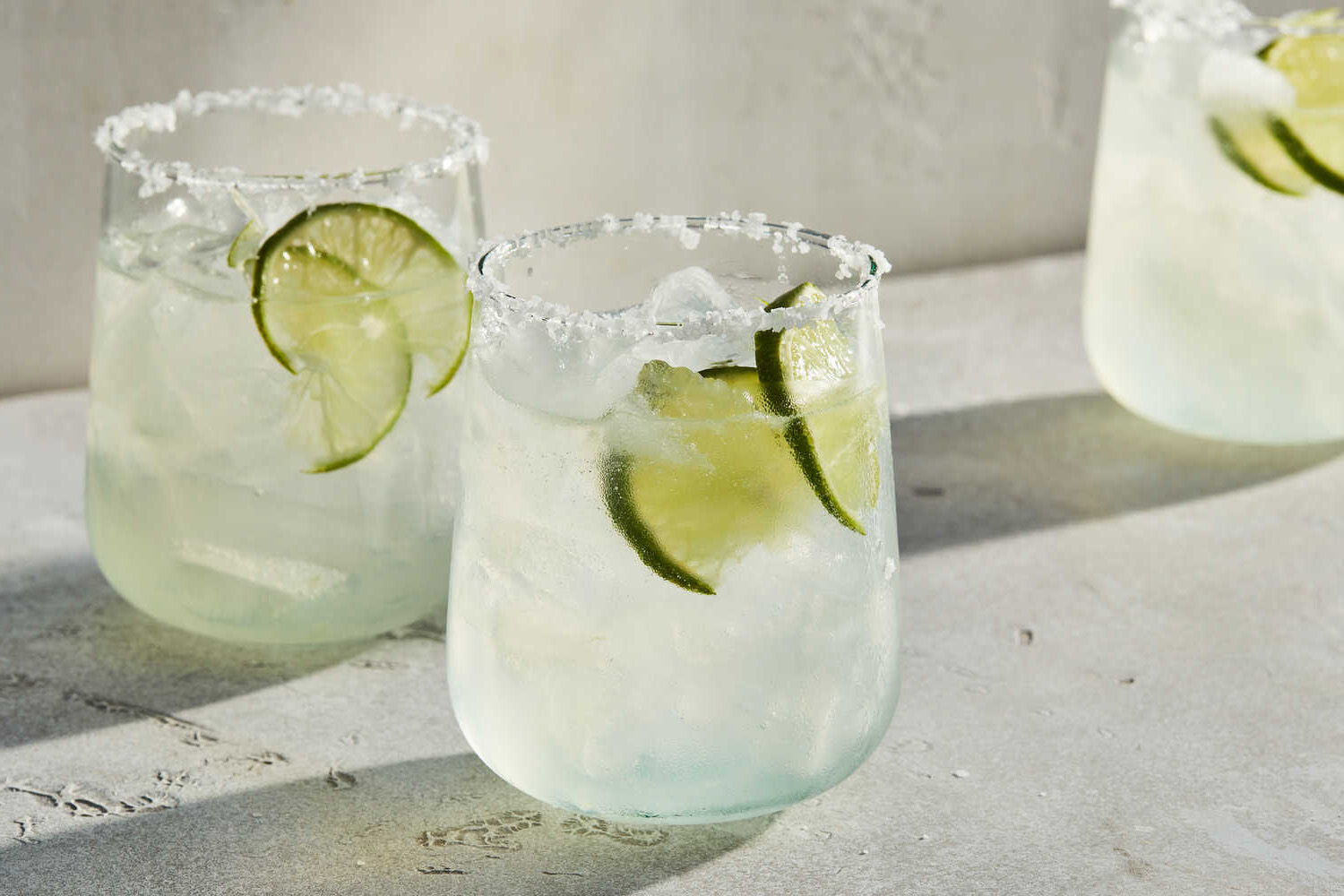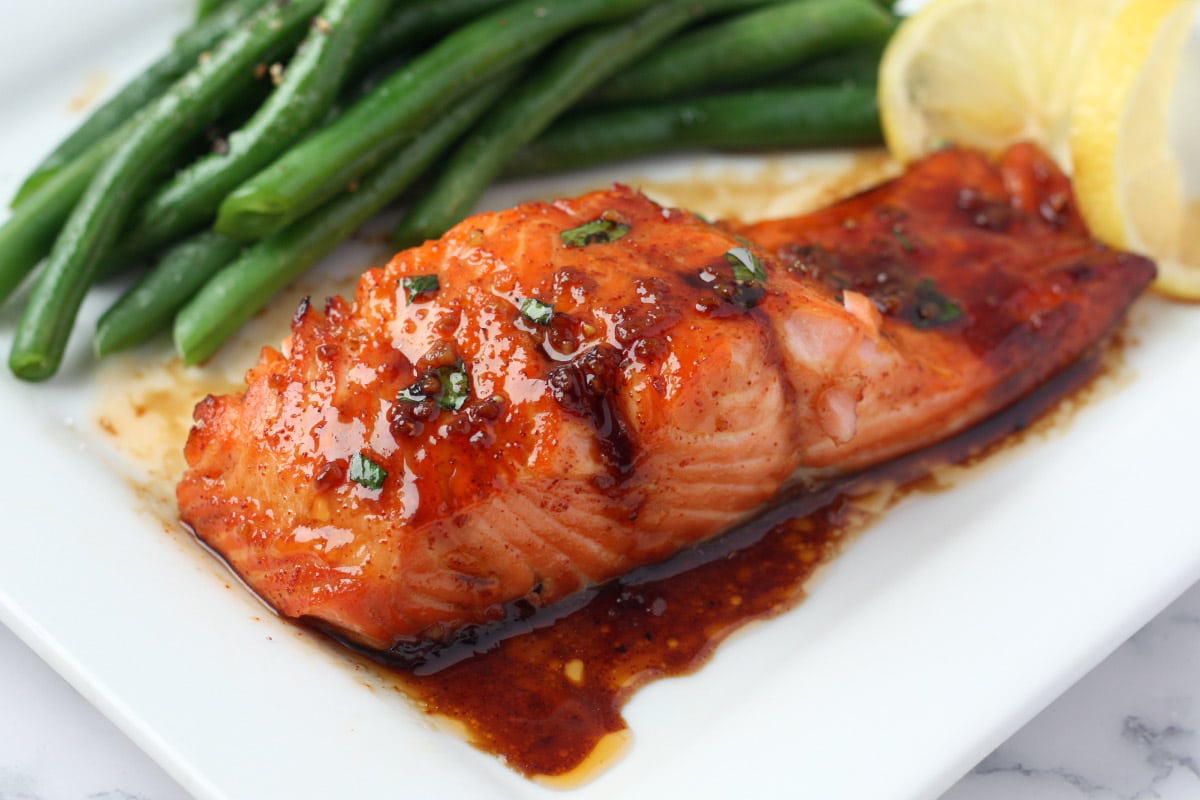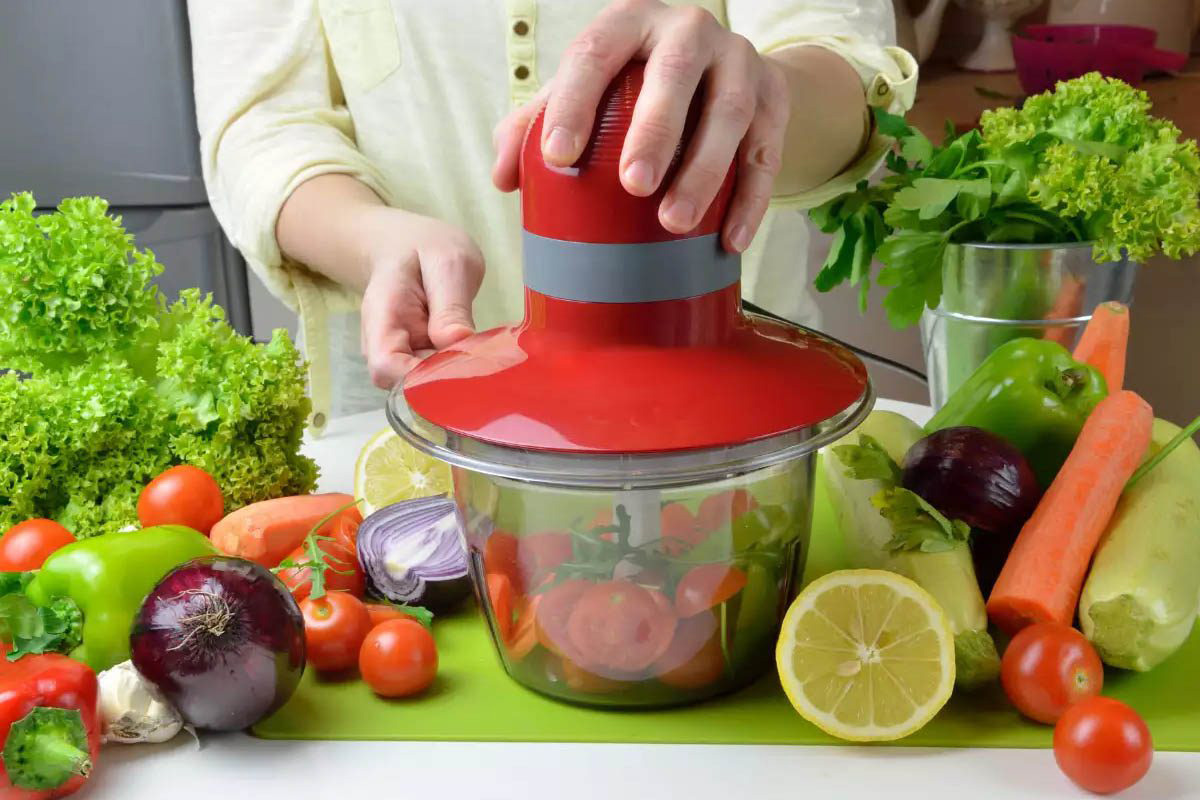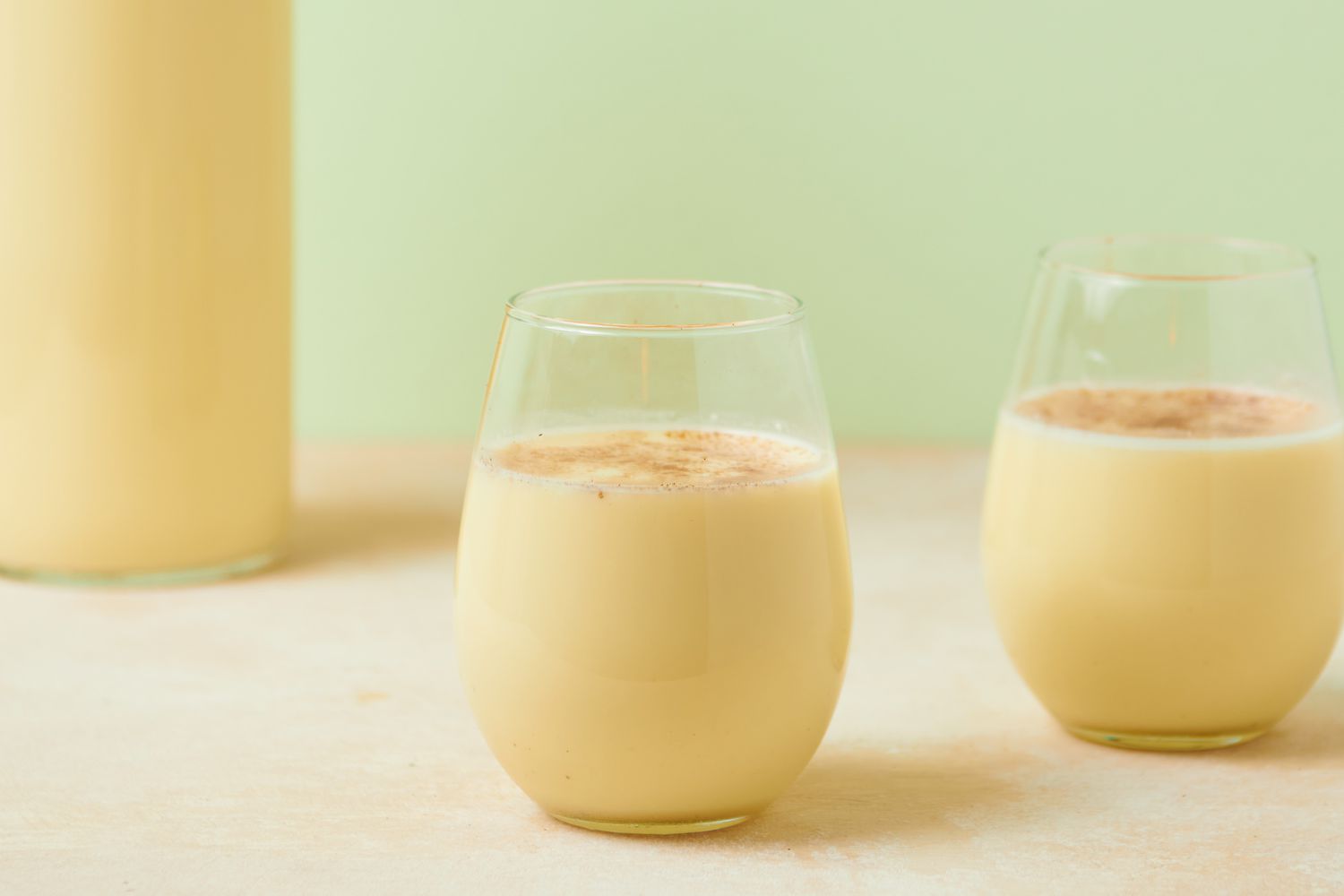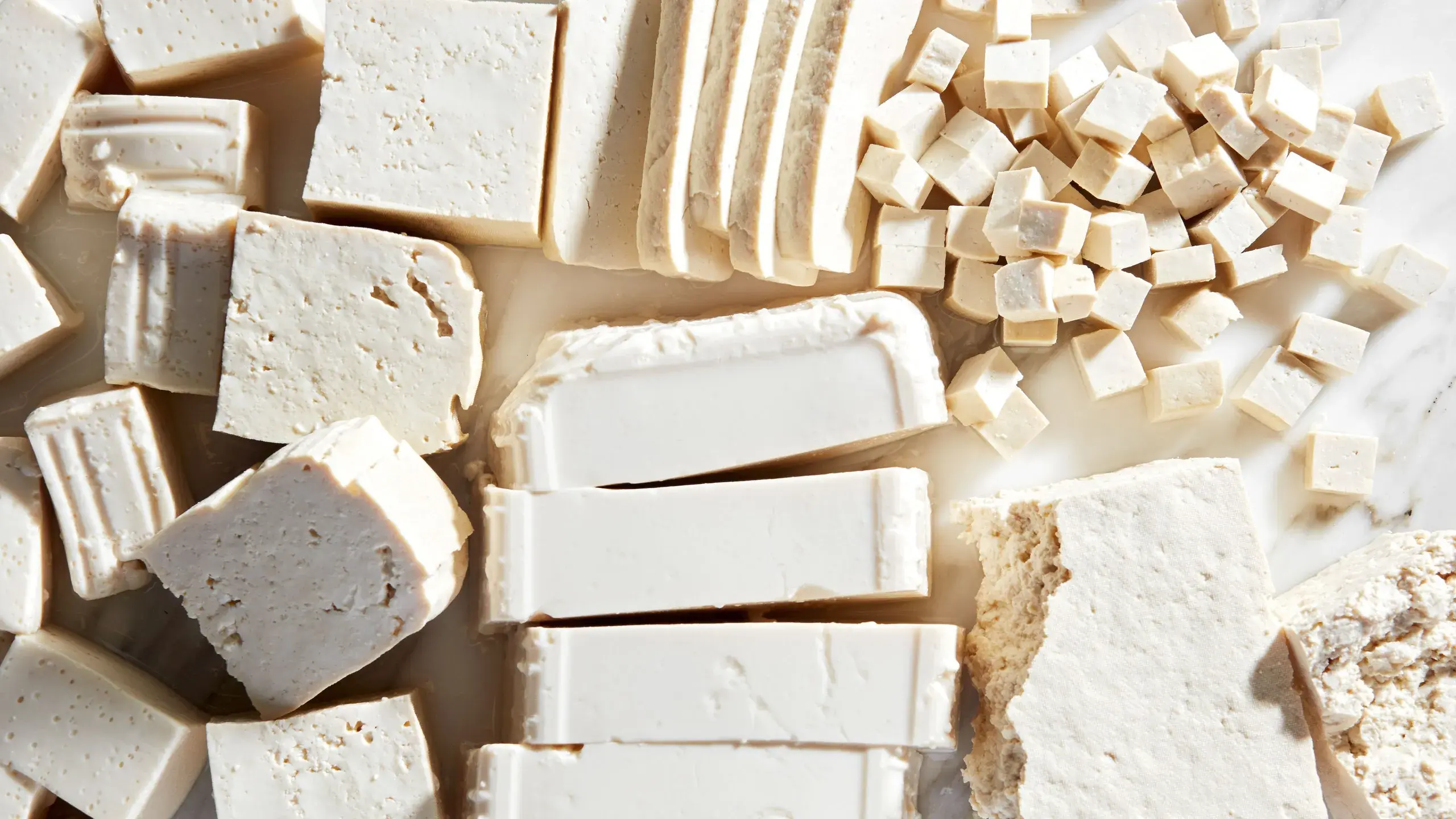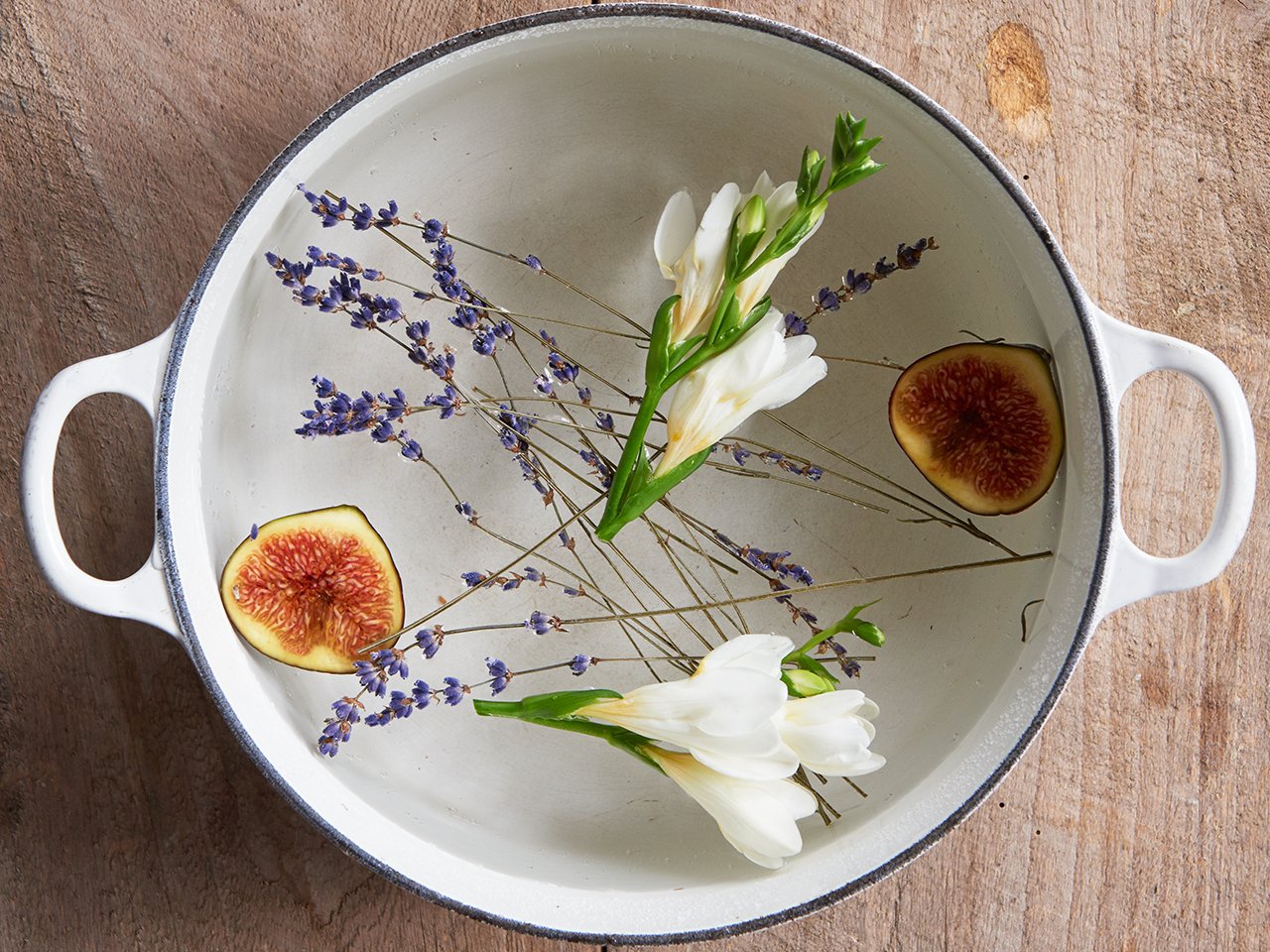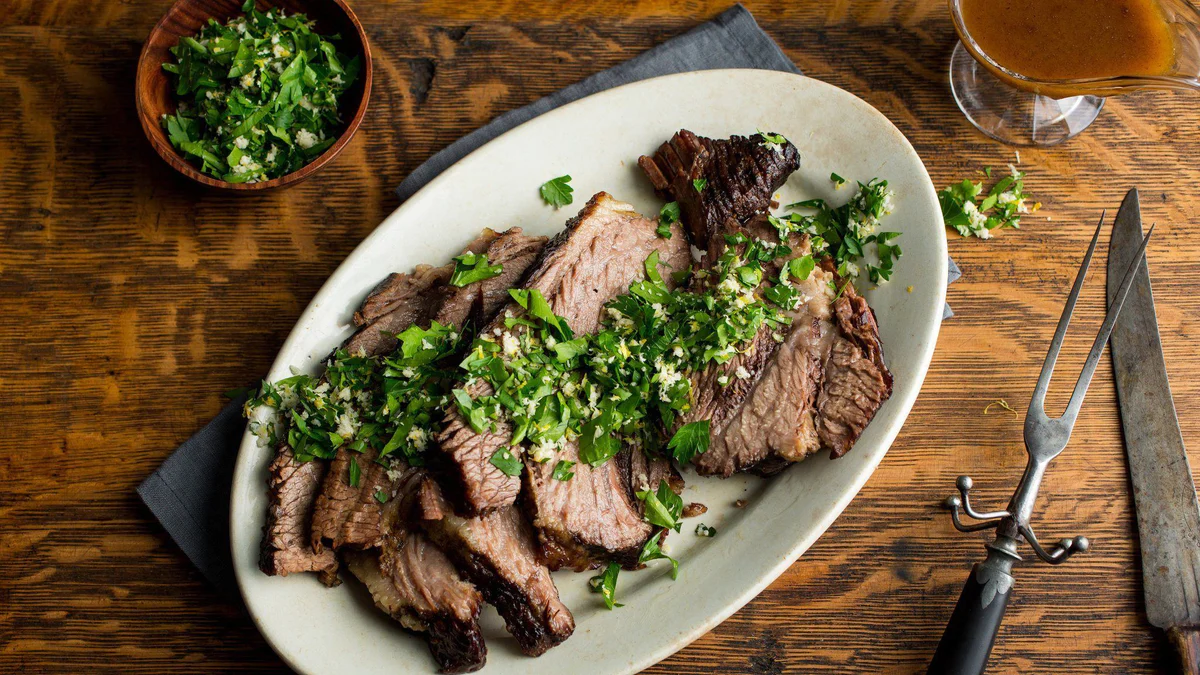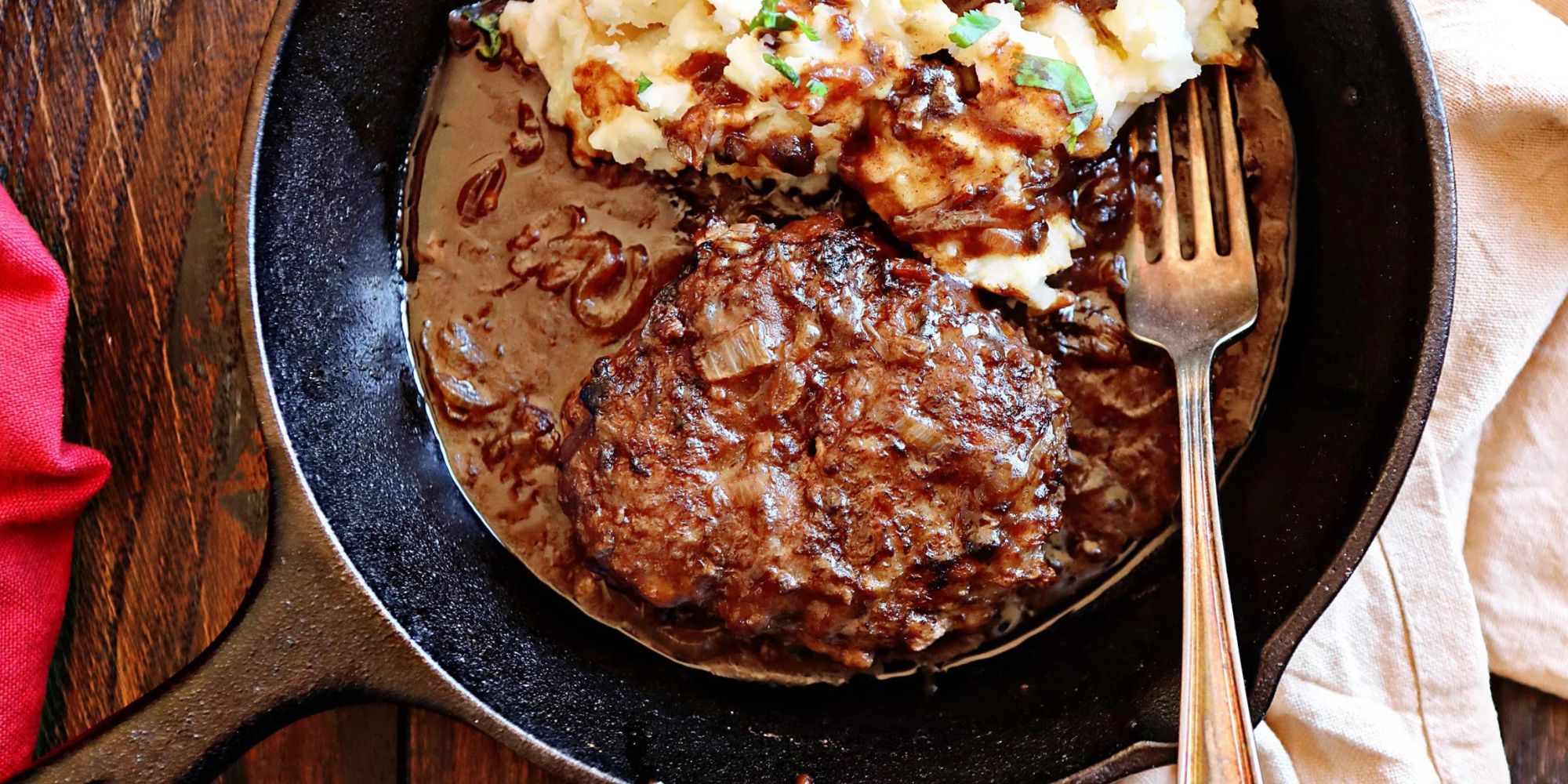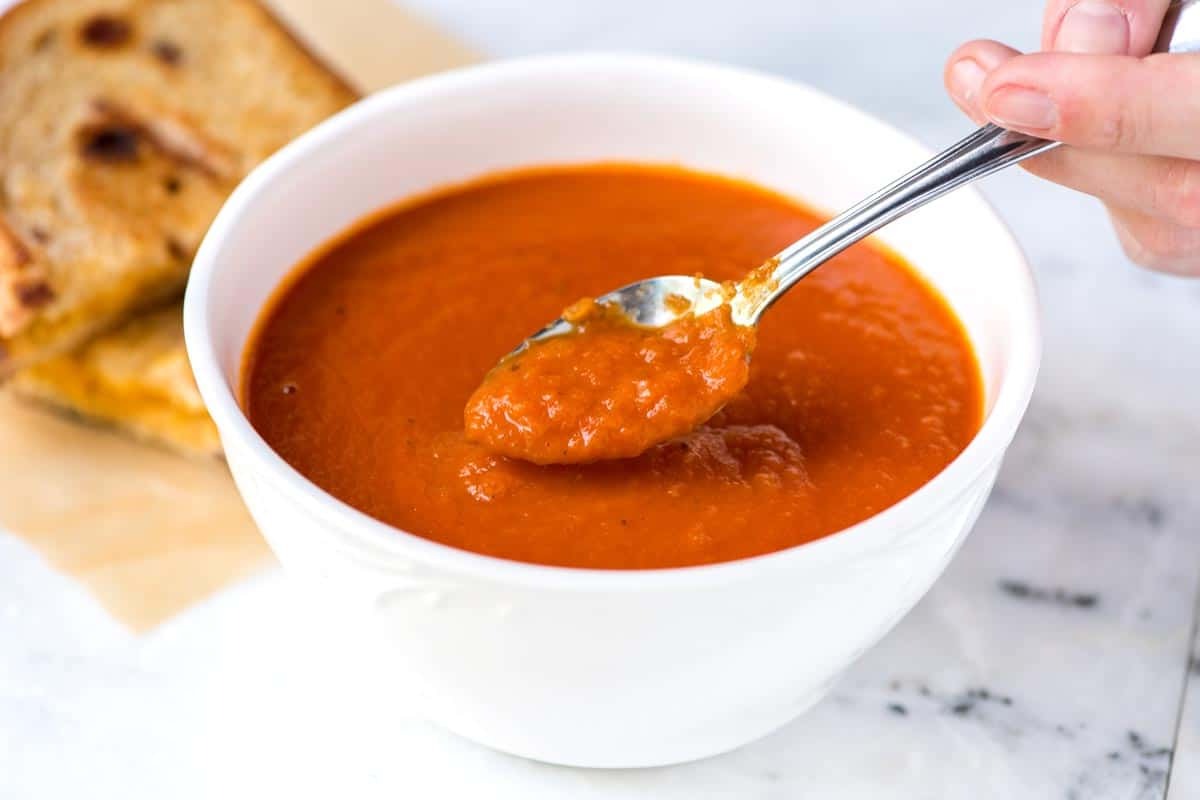The Best Olive Oil: A Guide to Choosing the Perfect Option
When it comes to cooking, olive oil is a staple in many kitchens. Not only is it a versatile and flavorful ingredient, but it also offers a range of health benefits. However, with so many options available, it can be challenging to determine which olive oil is the best choice for your needs. In this guide, we’ll explore the different types of olive oil and provide tips for selecting the perfect option for your culinary adventures.
Understanding Olive Oil Grades
Before delving into the best olive oil options, it’s essential to understand the different grades of olive oil. The three primary grades include:
- Extra Virgin Olive Oil (EVOO): This is the highest quality olive oil, extracted from the first pressing of the olives. It boasts a superior flavor and aroma, making it ideal for drizzling over salads and using in dressings.
- Virgin Olive Oil: While still of high quality, virgin olive oil has a slightly higher acidity level compared to extra virgin olive oil. It is suitable for cooking and adds a delightful flavor to dishes.
- Refined Olive Oil: This type of olive oil undergoes a refining process, which removes any flaws and impurities. It has a milder flavor and is often used for high-heat cooking.
Factors to Consider When Choosing Olive Oil
When selecting the best olive oil for your culinary endeavors, several factors should be taken into account:
- Flavor Profile: Consider the flavor profile you desire. Extra virgin olive oil offers a robust, fruity flavor, while virgin olive oil has a slightly milder taste. Refined olive oil is the most neutral in flavor.
- Intended Use: Think about how you plan to use the olive oil. If you’re looking for an oil to use in salad dressings or for drizzling over dishes, extra virgin olive oil is the best choice. For high-heat cooking, refined olive oil is a suitable option.
- Quality: Look for olive oils that are certified by reputable organizations, such as the International Olive Council. This ensures that the oil meets specific quality standards.
- Harvest Date: Check the harvest date on the bottle. Fresher olive oil will offer a more vibrant flavor and higher levels of beneficial antioxidants.
Top Picks for the Best Olive Oils
Now that we’ve covered the basics, let’s explore some top picks for the best olive oils:
- Luxury Reserve Extra Virgin Olive Oil: This premium extra virgin olive oil is cold-pressed and boasts a rich, peppery flavor. It’s perfect for adding a bold finish to dishes.
- Everyday Virgin Olive Oil: A versatile option for everyday cooking, this virgin olive oil offers a balanced flavor profile and is suitable for a wide range of culinary applications.
- Organic Refined Olive Oil: For high-heat cooking and baking, organic refined olive oil is an excellent choice. It has a neutral flavor and a high smoke point, making it ideal for various cooking methods.
Conclusion
When it comes to choosing the best olive oil, it ultimately comes down to your personal preferences and intended use. Whether you’re looking for a robust extra virgin olive oil for drizzling over dishes or a neutral refined olive oil for cooking at high temperatures, there are plenty of options to suit your needs. By considering factors such as flavor profile, intended use, and quality, you can confidently select the perfect olive oil to elevate your culinary creations.
Next time you’re browsing the olive oil aisle, keep these tips in mind to ensure you bring home the best option for your kitchen. Happy cooking!
Was this page helpful?
Read Next: What Is Orange Sangria?
